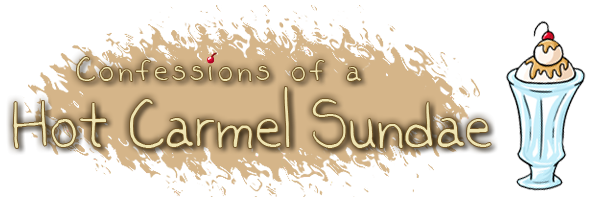Phonics Resources
Posted By Christina M on November 24, 2008
As some of you know, we are teaching our four year old to read. Now, he’s a very bright child, but he is also hyperactive, and sometimes has a hard time sitting still long enough to really learn. He also has an extremely literal language style, so sometimes we need to approach a subject from several perspectives to get its fullness across. After a lot of searching and experimenting, I’d like to share a few things that have really worked out well.
Starfall
It’s a website loaded with games and music, and Hypertot loves it. It is his favorite thing to do. I mean that literally. They sing songs that teach short and long vowels. They lead children through the process of sounding out letters in stories phonetically. They organize by particular phonetic rules, so it can be done in logical groupings or in the order of your own phonics program. And it’s free. I can’t recommend Starfall enough.
Bob Books
This is a series of books that spend more time teaching by doing than instructing rules. Each book focuses on just a few letter sounds, and the books progress toward increasingly difficult phonetic concepts. The beauty of these books is that they give even the earliest reader the opportunity to read a real book, with just a few words on each page. And they do this not by having a limited vocabulary reader and memorizing words, but by using phonics progressively. The only downside is that the set comes in very small books.
Victory Drill Book
This book is not a phonics book, but can work well with a phonics program. It focuses on increasing fluency and speed, by having children read lists of phonetically related words without any other context. It might sound pointless, having lists of words without any story, pictures, or context; but actually the lack of context is the beauty of this program. It forces a child to read the words, not guess them. It also begins to teach them the concept of onsets and rimes (the beginning sounds and end chunks of like words), by presenting similar words together in a list. This is not a stand-alone program, but it can be very useful for building fluency, or for supplementing another program or collection of materials.
Reading Pathways
This I chose because it meets a very specific need for us. Hypertot was having a hard time making the transition from reading individual phonetic sounds to reading words. He would read every word as a collection of sounds, and by the time he had the word sounded out he couldn’t remember what he’d already read. Reading Pathways actually works a child through the transition from sounding out letters to reading words phonetically. It brings a child to reading “whole words” without a whole language approach but rather a phonics approach. I have never seen any other product like it, but I can tell you that Hypertot showed a stunning and immediate improvement in his comprehension from the moment we began using this book.

Comments
Leave a Reply